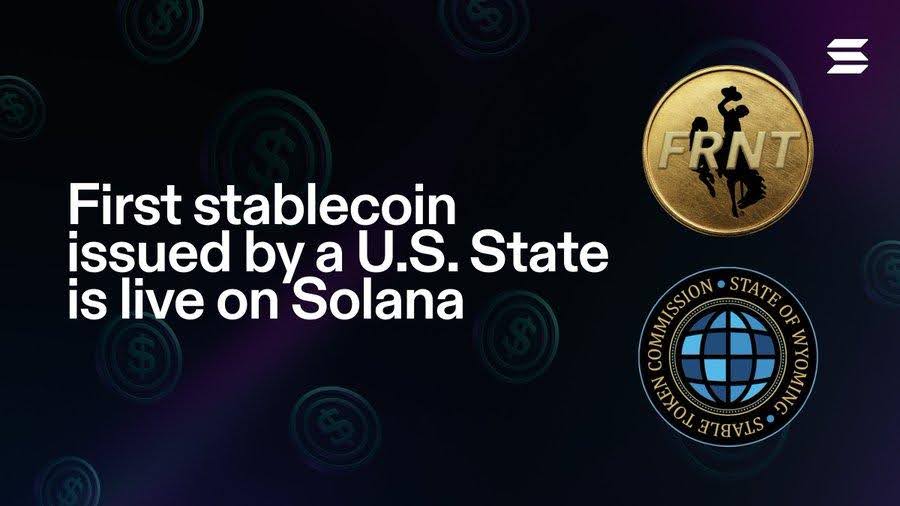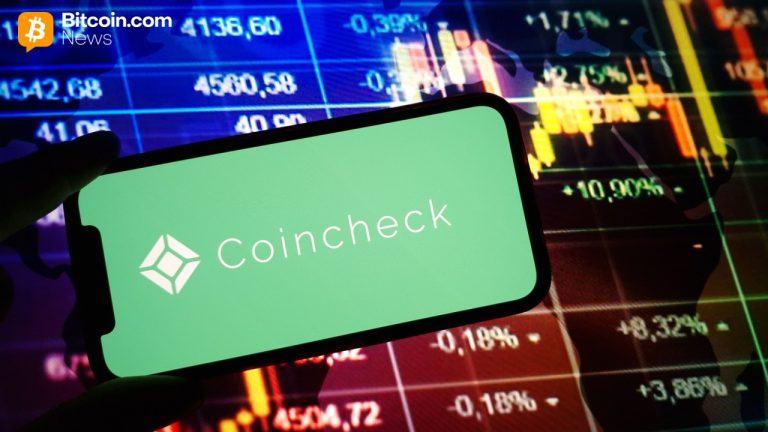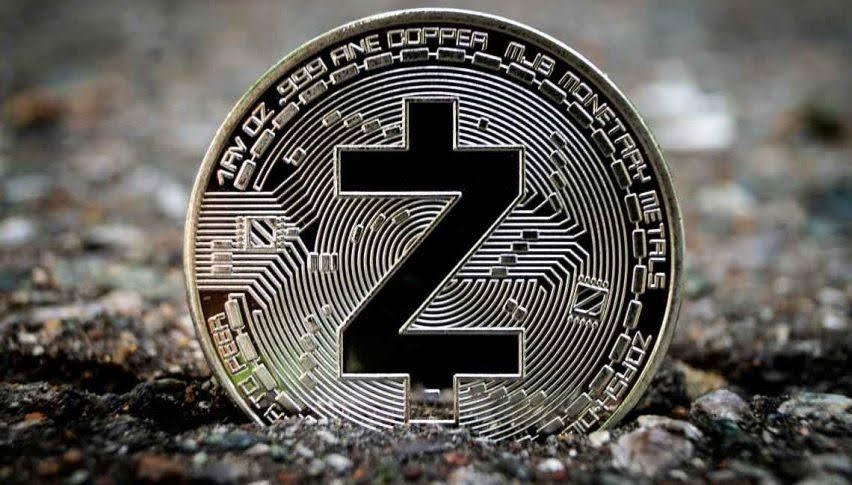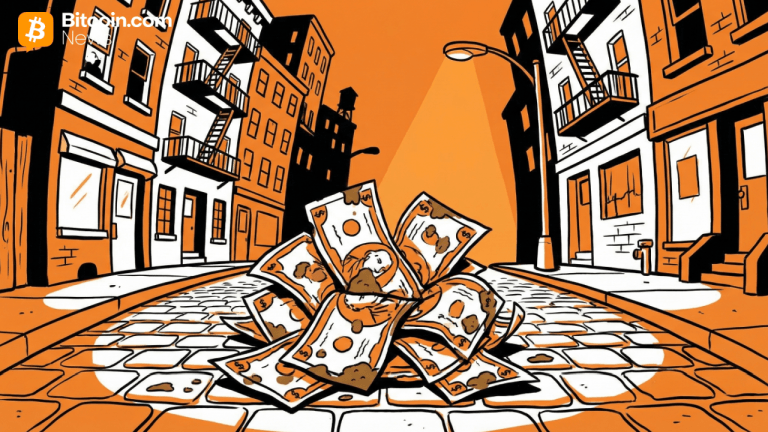Keynesians say under a fixed supply the economy won't grow, because holding money will be more profitable than investing it.
But that doesn't make sense. Over the long term, a money with a fixed supply - such as Bitcoin, assuming 100% adoption - increases in purchasing power in line with the economic growth, because its market cap approximates the value of the economy. If the economy doesn't grow, then the purchasing power of BTC won't grow either, and people will not benefit from just hodling it; instead, they will be incentivized to invest it.
Under the Bitcoin Standard, if I expect the economy to grow let's say by 5%, I also expect the purchasing power of BTC to grow by 5%. Now, am I incentivized to invest my BTC? Yes, but only in enterprises I expect to return more than 5% in purchasing power (or, in other words, to return more BTC than I put in). I.e. the best ideas, the most productive companies, the most efficient technologies etc.
Hodling BTC, whose market cap reflects the value of the economy, is like the average investment; an investment in the broad market.
What a fixed supply money disincentivizes is malinvestment. Misallocation of resources.
As long as some investment opportunities are better than others, people will invest their BTC in those better ones and the economy will grow. If all opportunities are bad, some of them are less bad than others and people will invest in those, because in such a terrible economic climate the purchasing power of BTC will be expected to drop and they will not want to lose purchasing power by hodling BTC.
It's the same as with mining: it's always profitable to someone, namely those who have access to the cheapest electricity, most efficient ASICs, lowest rents etc. If it weren't profitable for anyone at all, no one would mine, the hash rate would drop and mining would become profitable again. The profitability of mining follows from the fact that there is always someone below the average and someone above it. It incentivizes efficiency.
Note that debt-based fiat money works the other way around: generally the higher the economic growth, the more purchasing power you lose, because economic growth increases when central bank interest rates drop, which incentivizes borrowing and therefore monetary expansion. When the economy grows, your money does not only NOT benefit you; it steals from you. If you want to simply live in peace and keep your savings uninvested, you don't want economic growth; you want the economy to shrink.
The incentives are completely skewed: instead of thinking "what's the best investment?", you have to think: "does the central bank currently want me to invest? (by threatening me: I'll steal from you if you don't)", and the quality of what you're investing in is much less important. The main variable at play is the interest rate, which determines the rate at which you're stolen from. Efficiency is disregarded.
Keynesians lure people into their model by promising 'free money' as a form of social justice, but those near the money printer benefit the most.
Holding BTC, on the other hand, makes you share in the success of the global economy: as the economy grows, you benefit 'for free', without lifting a finger. But those responsible for that success benefit the most, because their investment was above average.
[link] [comments]

You can get bonuses upto $100 FREE BONUS when you:
💰 Install these recommended apps:
💲 SocialGood - 100% Crypto Back on Everyday Shopping
💲 xPortal - The DeFi For The Next Billion
💲 CryptoTab Browser - Lightweight, fast, and ready to mine!
💰 Register on these recommended exchanges:
🟡 Binance🟡 Bitfinex🟡 Bitmart🟡 Bittrex🟡 Bitget
🟡 CoinEx🟡 Crypto.com🟡 Gate.io🟡 Huobi🟡 Kucoin.




















Comments